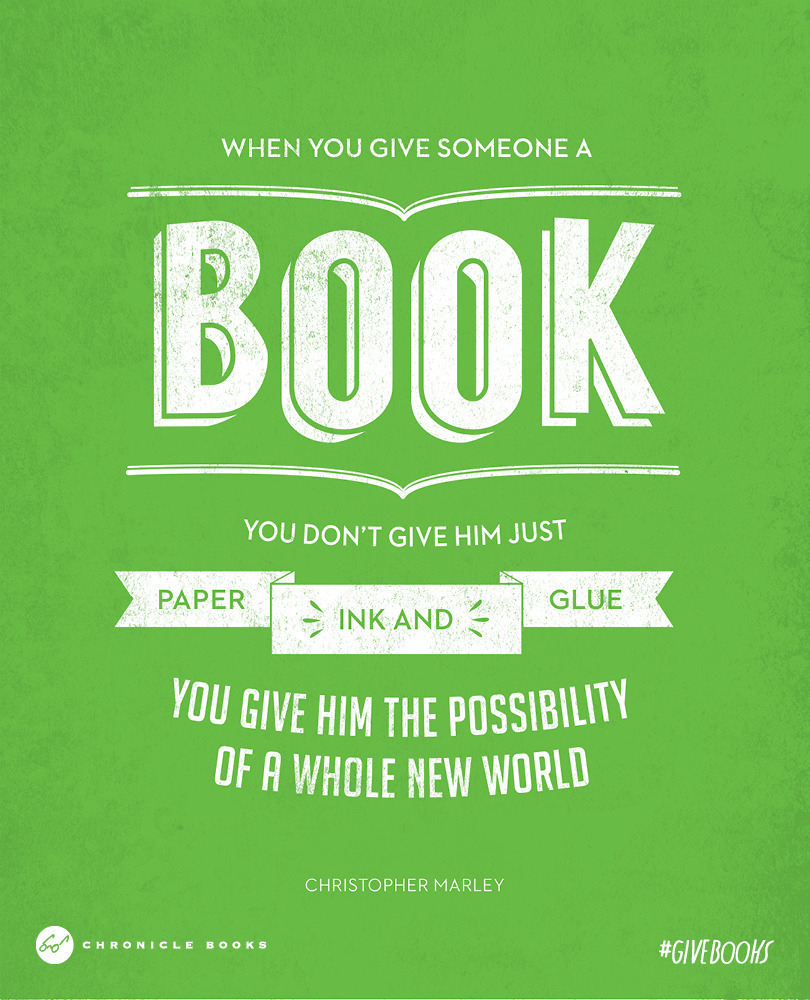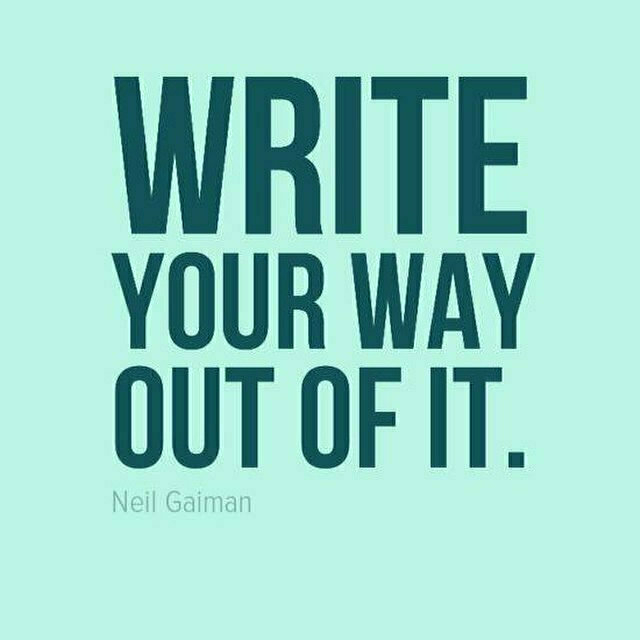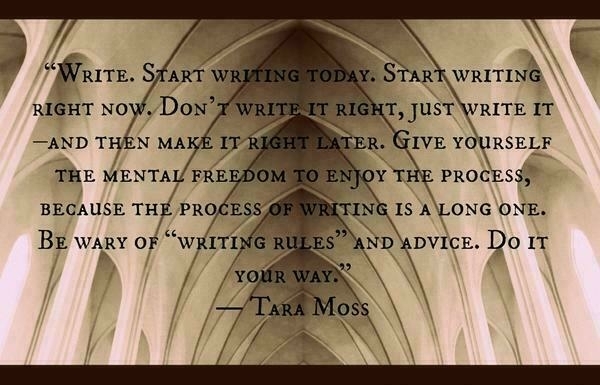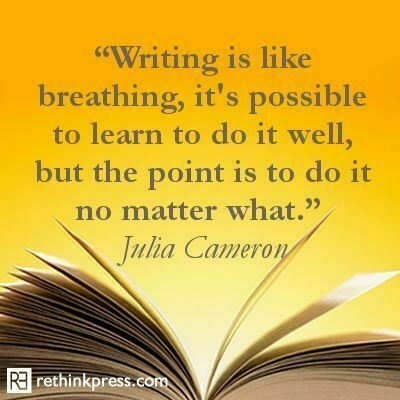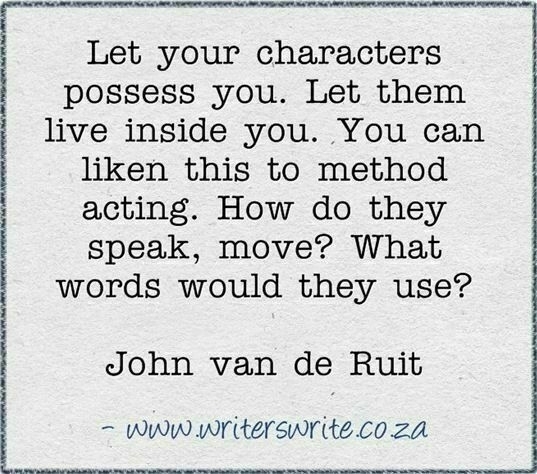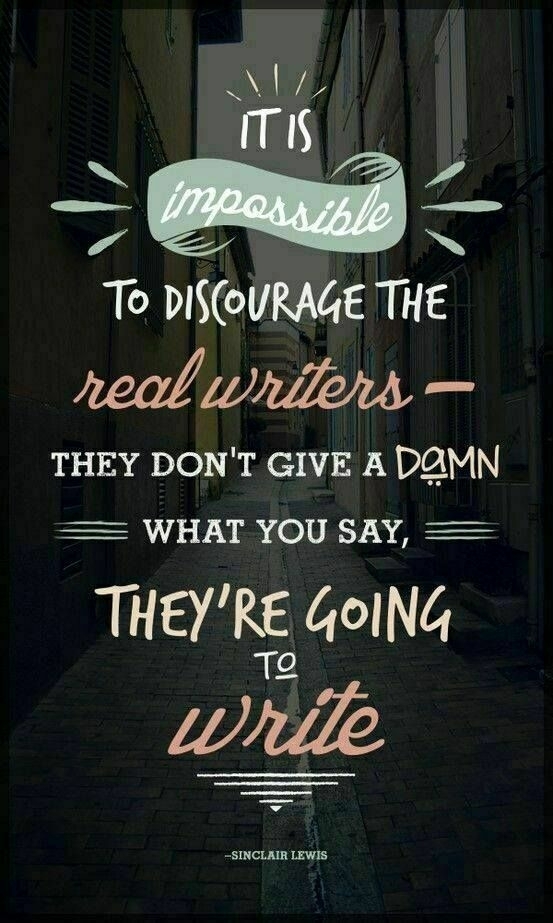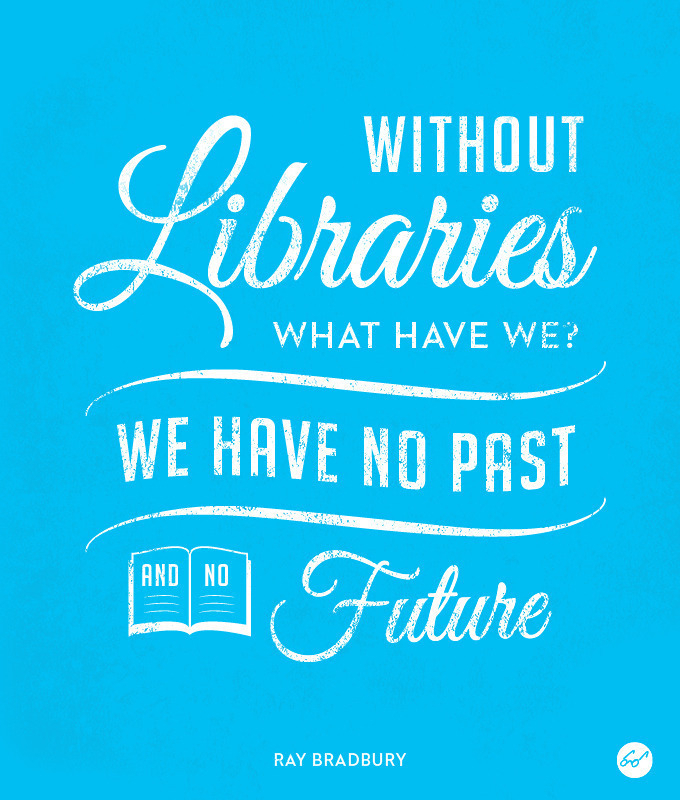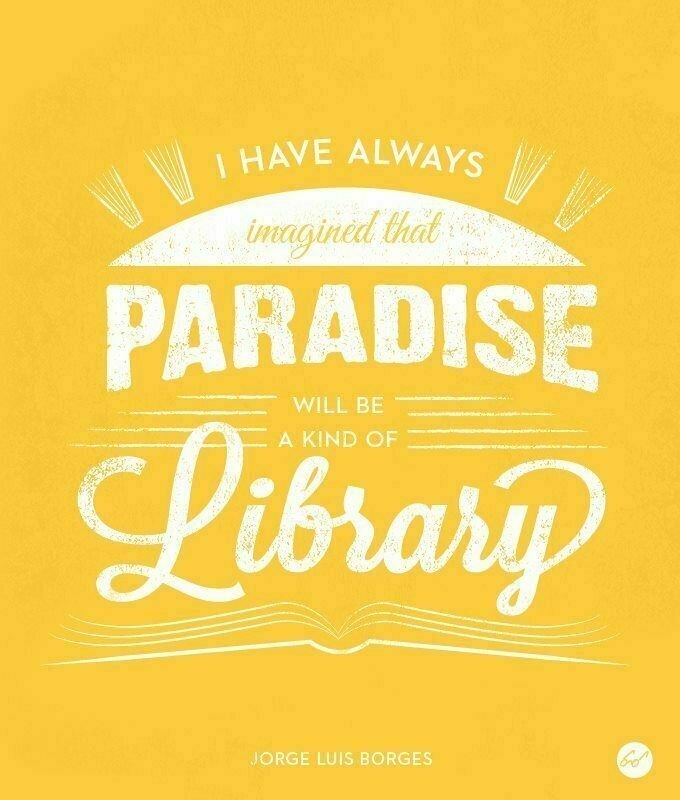quote
“But let’s admit it: it can be hard to stay on a balance point. We go through cycles of feeling anxious, feeling guilty, feeling resentment, feeling rebellious, and then feeling relief when we identify a worse sinner than ourselves. We’re unstable, I think, because it is so hard to grasp how absolute God’s side of the relationship is. He loves us, even while we are sinners, and nothing can halt or deflect the force of his love. He is love, and his love fills the universe. It comes entirely from him, and knows no limits. It takes no notice of whether we are are lovable or not, whether we want him to love us or not. He will love us no matter what, and nothing can stop him.”
—Frederica Mathewes-Green, Welcome to the Orthodox Church
(Bold emphasis added by me.)
“There is no heaven that has a little corner of hell in it.”
What a line. Oswald Chambers knew what was up with God’s redemptive work in our lives.
It opens today’s devotional: utmost.org/the-inevi…
I’d rather have 80% of Google’s features along with 100% of Apple’s interest in protecting my privacy than 100% of Google’s features with 0% of that privacy protection.
The recording shows the truck careening to a stop immediately in front of the two Marines. In all of the instantaneous violence Yale and Haerter never hesitated. By all reports and by the recording, they never stepped back. They never even started to step aside. They never even shifted their weight. With their feet spread shoulder width apart, they leaned into the danger, firing as fast as they could work their weapons. They had only one second left to live. The truck explodes. The camera goes blank. Two young men go to their God. Six seconds. Not enough time to think about their families, their country, their flag, or about their lives or their deaths, but more than enough time for two very brave young men to do their duty … into eternity. That is the kind of people who are on watch all over the world tonight—for you.
John Kelly’s speech. (via ufridman)
Never forget that right now, all over the world, there are men and women in service to this country doing the same. They have offered their lives, should the heavens want them, in defense of an ideal. An imperfect one. An experiment. Sometimes denied or delivered far short of the goal. Yet, one worth dying to achieve and defend. An ideal called Freedom.
(via patrickrhone)
Beer, well respected and rightly consumed, can be a gift of God. It is one of his mysteries, which it was his delight to conceal and the glory of kings to search out. And men enjoy it to mark their days and celebrate their moments and stand with their brothers in the face of what life brings.
Why is it that a large segment of left has embraced a code of appeasing “sensitivity” toward Islam—when they are its obvious next victims? Why do they wring their hands over “microagressions,” while urging us not to provoke people who execute homosexuals and throw acid in women’s faces?Why does the left kowtow to Islam?
ABC News, if it cares one whit about its reputation, should ban Stephanopoulos from doing any 2016 campaign coverage. It’s bad enough that he was once a Clinton White House staffer. But everyone went along with the charade that his political days were behind him and that he just wanted to be an objective reporter. That charade ends today.
The Smartest Things Ever Said About Facebook
The Smartest Things Ever Said About Facebook
I really want to spend less time on Facebook. I really need to cull the people I’m following (not necessarily whom I’m friends with; see what I did there?) so as to tidy up the timeline. At least I’m still mostly reactive to Facebook. My posting of any original content has dropped dramatically, especially since I severed the auto-posting tether from Twitter.To commemorate the demise of my Facebook account, and the myriad of questions people usually have about why, here’s some of my favorite quotes on Facebook:
“Facebook seems like a terrific way to stay in touch with people who don’t have the sense to quit dicking around on Facebook.” - Merlin…
Unfortunately, there are people I truly care about scattered about the land, and Facebook remains, for all its ills and evils, the only place to interact with some of them.
[gallery]
There’s no shortage of essays on writing out there. Authors, poets, scholars and other creative voices spend years devoted to their art - it’d be crazy (and our loss) if they never took a moment to talk about the why and how. These five essays are available to read online for free, and they’re exceptionally useful and inspiring for young and aspiring writers.
Despite Tough Guys, Life Is Not the Only School for Real Novelists by Kurt Vonnegut Jr.
This one is short, but it’s an important topic. When you read a lot of writing by the creative geniuses of the past - the ‘tough guys’, as Vonnegut calls them - like Hemingway who learned and crafted their voice through living, learning to write your own stories from classes (and from guides and advice online) can seem less honest or worthwhile. Vonnegut strikes that thought down. “The primary benefit of practicing any art, whether well or badly,” he writes, “is that it enables one’s soul to grow.”Why I Write by Joan Didion
“In many ways writing is the act of saying I, of imposing oneself upon other people, of saying listen to me, see it my way, change your mind. It’s an aggressive, even a hostile act,” This essay by the author of The Year of Magical Thinking starts, “You can disguise its qualifiers and tentative subjunctives, with ellipses and evasions—with the whole manner of intimating rather than claiming, of alluding rather than stating—but there’s no getting around the fact that setting words on paper is the tactic of a secret bully, an invasion, an imposition of the writer’s sensibility on the reader’s most private space.“ Written in the 70s, the rest of the essay covers some of the barest truths about storytelling and why we do what what we do, centered around the idea that we write novels to find the answers we ask ourselves.Fail Better by Zadie Smith
In the tradition of the two essays before it, Fail Better talks about what it means to write and what you’re asking for from yourself (and the reader) when you do. Zadie Smith discusses failure as a concept for novelists, and the indeterminate “they” we can fall into traps trying to please. Smith’s most powerful insight comes when she breaks down the connection between the author and the reader, and the reader’s responsibility: “Readers fail when they allow themselves to believe the old mantra that fiction is the thing you relate to and writers the amenable people you seek out when you want to have your own version of the world confirmed and reinforced. That is certainly one of the many things fiction can do, but it’s a conjurer’s trick within a far deeper magic. To become better readers and writers we have to ask of each other a little bit more."Where do you get your ideas? by Neil Gaiman
Neil Gaiman’s writing advice isn’t hard to come by. Thanks to the internet and the author’s willingness to embrace social media, you can find nuggets of wisdom doled out by the American Gods author from essays to tumblr asks on Gaiman’s blog. In it, he talks about every writer’s worst nightmare: “My idea of hell is a blank sheet of paper. Or a blank screen. And me, staring at it, unable to think of a single thing worth saying, a single character that people could believe in, a single story that hasn’t been told before. ”Not-Knowing by Donald Barthelme
“The not-knowing is crucial to art, is what permits art to be made,” Barthelme, author of The Dead Father, writes, “Without the scanning process engendered by not-knowing, without the possibility of having the mind move in unanticipated directions, there would be no invention.” Barthelme’s mastery of words is clear in this essay. Famous for his playful post-modern style, he leads you through his concept of the art from the very first line (one that defines our site and mission, for all its simplicity) - “Let us suppose someone is writing a story."For more advice and resources on writing and lit, follow us on twitter or at the site.

The difference between successful people and very successful people is that very successful people say no to almost everything.
Warren Buffett
(via stoweboyd)
This one goes out to all the aspiring writers out there during Children’s Book Week. Don’t forget that you have the power to write your own stories, too! http://powells.us/1qzVd8b
I will always love The Mouse and the Motorcycle.
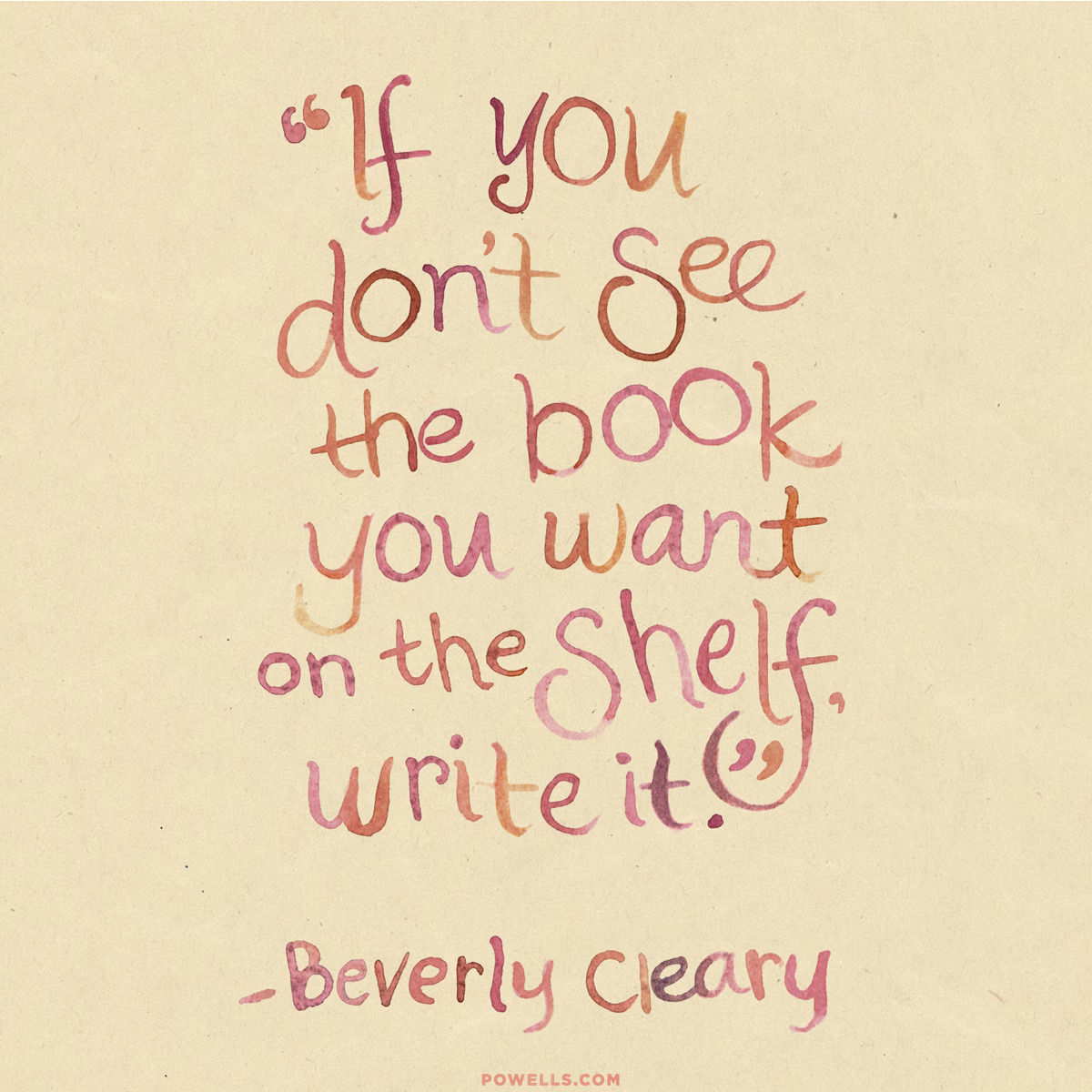
A major concern in A Song of Ice and Fire and Game of Thrones is power. Almost everybody – except maybe Daenerys, across the waters with her dragons – wields power badly.
Ruling is hard. This was maybe my answer to Tolkien, whom, as much as I admire him, I do quibble with. Lord of the Rings had a very medieval philosophy: that if the king was a good man, the land would prosper. We look at real history and it’s not that simple. Tolkien can say that Aragorn became king and reigned for a hundred years, and he was wise and good. But Tolkien doesn’t ask the question: What was Aragorn’s tax policy? Did he maintain a standing army? What did he do in times of flood and famine? And what about all these orcs? By the end of the war, Sauron is gone but all of the orcs aren’t gone – they’re in the mountains. Did Aragorn pursue a policy of systematic genocide and kill them? Even the little baby orcs, in their little orc cradles?In real life, real-life kings had real-life problems to deal with. Just being a good guy was not the answer. You had to make hard, hard decisions. Sometimes what seemed to be a good decision turned around and bit you in the ass; it was the law of unintended consequences. I’ve tried to get at some of these in my books. My people who are trying to rule don’t have an easy time of it. Just having good intentions doesn’t make you a wise king.

